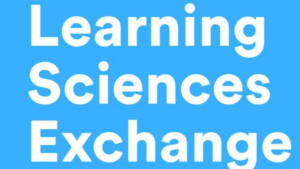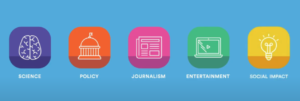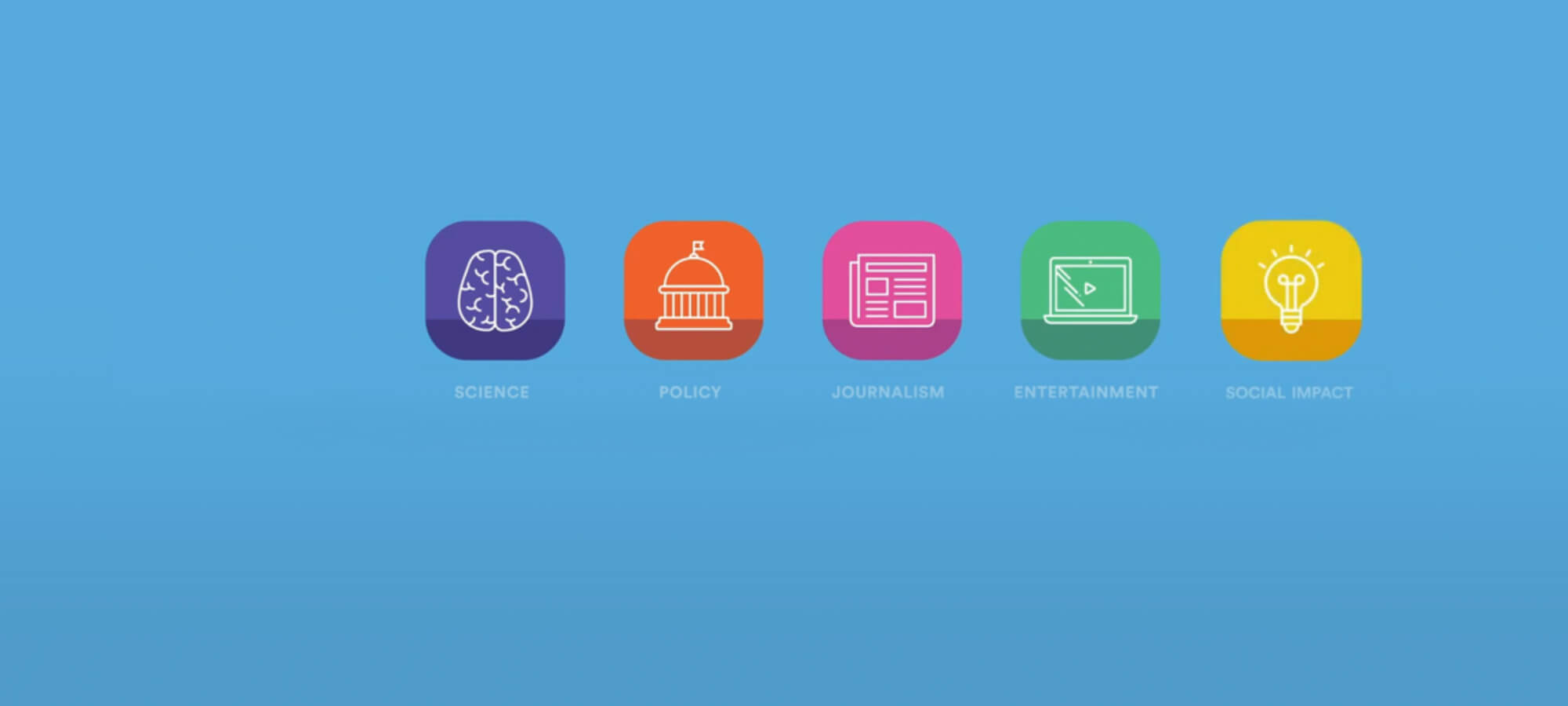Overview
The Learning Sciences Exchange Program, or LSX for short, is a fellowship program for top-level, mid-career professionals in the fields of entertainment, journalism, social impact entrepreneurship, education policy and leadership, and research on the science of learning. The program is a partnership of New America, the Jacobs Foundation, and the research duo of Kathy and Roberta Golinkoff.

Breakthroughs and insights now emerge regularly from the learning sciences. Yet they are slow to make their way into schools, family support systems, and the social consciousness in positive ways. Too often, new findings on how children learn are left to wilt in inaccessible academic journals, contorted by splashy headlines, or too complicated to lead to real policy changes. One major contributor to this problem: Journalists, entertainment professionals (such as movie producers or game makers), education systems leaders, entrepreneurs and learning scientists have little incentive to take the time to listen to each other, grapple with problems together, and gain a deeper understanding of the other’s mission and work. This dampens prospects of good translation from the world of the learning sciences into schools and mainstream communication channels. It also causes difficulties in the other direction: learning scientists rarely have a chance to hear the journalist’s and other professionals’ perspective on the creation of scientific stories. Many scientists don’t interact with policy leaders, or with storytellers who are in more regular contact with parents, educators, and the general public.
The Learning Sciences Exchange is designed to address this problem. LSX is a one-of-a-kind fellowship program that brings together 15 fellows, three each from the five sectors (science, education leadership/policy, journalism, entertainment, and social entrepreneurship), who participate for 2 years. The fellows hail from multiple countries in Europe and North America. (The upcoming 2022-24 cohort will include fellows from Africa and Latin America & the Caribbean as well.) Each participant enjoys time for cross-disciplinary thinking and writing about how to bring ideas in learning science to fruition and about how to communicate them with the greatest influence. With fellows and advisors hailing from countries around the world, this exchange inspires mid-career scientists, journalists, entertainers and policy makers to solve problems in key areas related to how children learn and develop. The fellowship culminates in a series of short and inspiring LSX Talks delivered at our bi-annual LSX Summit open to the public and broadcast widely through international media channels.
LSX is a partnership among New America, Kathy and Roberta Golinkoff, and the Jacobs Foundation.
Check out our FAQs

A Video Introduction to LSX....
Our People, Publications, Videos
Meet our staff and recent LSX Fellows!
Check out our Fellows’ recent publications and videos!
Featured Publication
“The LSX Model of Cross-Sector Collaboration” – New America, April 5, 2023
Learn how collaborations across sectors can unleash creative solutions to wicked problems by harnessing the science of learning HERE!!!
“Building Tools Parents Want to Use” by LSX Fellow Puja Balachander – Joan Ganz Cooney Center Blog (11/8/2022)
Parents often quip that children do not “come with instructions.” Underlying this joke is a real interest in supporting their children’s learning and development, but not always knowing how. And parents do need to know how to do their job well—their actions may determine children’s lifelong happiness and success.
In 2018, my team and I started Devie, an AI parenting coach startup, to help parents feel empowered about the decisions they were making and to help provide their children with the home learning environment they need to thrive. Along the way, we learned a ton about how to design an early childhood development product that parents need and want to use, and the importance of taking a personalized approach. Here are my top five takeaways for developers, policymakers, program designers, and others seeking to create effective tools that support parents.
Needs > wants. Parents care about child development most when they’re facing a developmental challenge…





